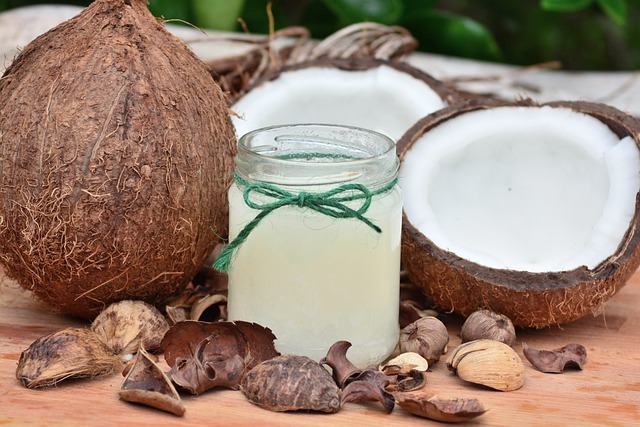Allergies are a common condition that can cause a range of symptoms, from sneezing and runny nose to hives and anaphylaxis. While there are a variety of treatments available for allergies, some people are turning to probiotics for relief. In this article, we’ll explore the link between probiotics and allergies and how they can help reduce symptoms.
How Probiotics Affect Allergies
Probiotics can affect the immune system in several ways, which can help reduce the risk of allergies:
- Boosting Immune Cells: Probiotics can help boost the production of immune cells, such as T-cells and natural killer cells, which can help fight off infections and other invaders.
- Modulating the Immune Response: Probiotics can help regulate the immune response, which can help prevent allergies and other immune-related issues.
- Reducing Inflammation: Probiotics can help reduce inflammation in the body, which can reduce the risk of allergic reactions.
The Benefits of Probiotics for Allergies
Probiotics can benefit people with allergies in several ways:
- Reduce the Risk of Allergies: Some studies have suggested that probiotics can help reduce the risk of allergies, particularly in children.
- Reduce the Severity of Allergic Reactions: Probiotics can help reduce the severity of allergic reactions, such as hives and anaphylaxis.
- Reduce the Need for Medications: Probiotics can help reduce the need for allergy medications, such as antihistamines and corticosteroids.
Where to Find Probiotics for Allergies
Probiotics can be found in a variety of foods and supplements. Here are some of the most common sources:
- Yogurt: Yogurt is one of the most well-known sources of probiotics. Look for brands that contain live and active cultures.
- Kefir: Kefir is a fermented milk drink that is similar to yogurt. It contains a variety of beneficial bacteria and yeasts.
- Sauerkraut: Sauerkraut is a fermented cabbage dish that is rich in probiotics. Look for unpasteurized sauerkraut to ensure that it contains live cultures.
- Kimchi: Kimchi is a spicy Korean dish that is made with fermented vegetables. It contains a variety of beneficial bacteria and can be a great source of probiotics.
- Kombucha: Kombucha is a fermented tea drink that is becoming increasingly popular. It contains a variety of beneficial bacteria and yeasts.
- Probiotic Supplements: If you’re not getting enough probiotics from your diet, you may want to consider taking a probiotic supplement. Look for one that contains a variety of strains of bacteria.
Final Thoughts
Probiotics can be a valuable addition to a health routine for their potential to reduce the risk of allergies and improve allergy symptoms. By boosting the immune system, regulating the immune response, and reducing inflammation, probiotics can reduce the risk of allergies, reduce the severity of allergic reactions, and potentially reduce the need for allergy medications. By incorporating probiotic-rich foods into your diet or taking a probiotic supplement, you can help support a healthy gut microbiome and potentially reduce your allergy symptoms. As always, be sure to talk to your doctor before making any changes to your diet or supplement routine.







